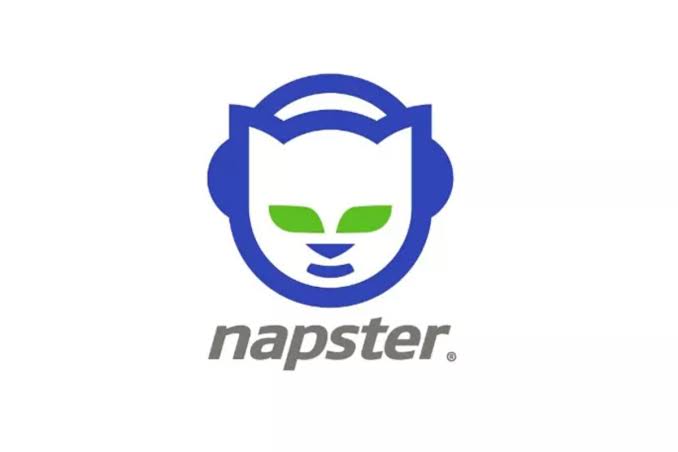Once synonymous with the digital music revolution—and later, copyright controversies—Napster has been purchased by immersive tech firm Infinite Reality for $207 million, marking a bold new chapter in its storied evolution. The deal aims to reimagine the platform as a dynamic, social-driven hub where artists and fans interact through cutting-edge virtual experiences.
Napster’s Turbulent Legacy: From Piracy Pioneer to Streaming Survivor
Founded in 1999 by Shawn Fanning and Sean Parker, Napster revolutionized music consumption as the first major peer-to-peer (P2P) file-sharing service, amassing over 80 million users at its peak. However, lawsuits from Metallica, Dr. Dre, and the Recording Industry Association of America (RIAA) over copyright infringement led to its shutdown in 2001. The platform’s demise became a cautionary tale about digital piracy, but its DNA lived on: Napster’s P2P model indirectly spurred the rise of legal streaming services like Spotify and Apple Music.
After years of legal limbo, Rhapsody acquired the brand in 2011, rebranding it as a subscription-based streaming service. In 2020, MelodyVR, a virtual reality music platform, merged with Napster to create Napster Group PLC, aiming to blend VR concerts with streaming. The company struggled to compete with giants like Spotify, however, leading to its acquisition by Infinite Reality—a move that signals a pivot toward next-gen social and immersive experiences.
Infinite Reality’s Vision: Blending Music, Metaverse, and Monetization
Infinite Reality, a Los Angeles-based startup specializing in metaverse development and virtual event production, has quietly built a portfolio of acquisitions, including the Drone Racing League and gaming/esports ventures. Its purchase of Napster aligns with its mission to dominate the intersection of entertainment, social interaction, and Web3 technologies.
Key features of the revamped Napster platform include:
- Virtual 3D Concerts: Fans will attend live performances in customizable digital venues, interacting with artists and other attendees via avatars.
- Hybrid Merchandise Sales: Artists can sell both digital collectibles (e.g., NFTs, exclusive tracks) and physical goods directly through the platform.
- Advanced Analytics: Musicians and labels gain real-time data on fan engagement, geographic trends, and content performance.
- Creator Tools: A suite of AI-driven tools will let artists design virtual experiences without coding expertise.
“The internet has evolved from desktop to mobile, social, and now immersive experiences. Music streaming hasn’t kept pace. We’re building a future where artists control their creative and financial destinies,” said Napster CEO Jon Vlassopulos.
Industry Trends: Why This Deal Matters
The acquisition reflects broader shifts in music and tech:
- Metaverse Momentum: Platforms like Fortnite (hosting Travis Scott’s 12.3 million-attendee virtual concert) and Wave (Justin Bieber’s VR performance) have proven demand for immersive music experiences.
- Artist-First Economics: With streaming payouts notoriously low (artists earn ~$0.003 per stream on Spotify), Napster’s focus on direct monetization via merch, NFTs, and virtual events could appeal to creators.
- Web3 Integration: Infinite Reality’s expertise in blockchain suggests potential for tokenized rewards, decentralized ownership, or royalty tracking—addressing long-standing industry pain points.
Challenges and Competition
Napster faces stiff competition from entrenched rivals:
- Spotify is experimenting with live audio (Greenroom) and video podcasts.
- TikTok dominates music discovery and artist-fan interaction.
- SoundCloud and Bandcamp cater to indie artists with niche communities.
Moreover, skepticism remains. “Virtual concerts are still niche. Napster needs mass adoption to survive,” warns Mark Mulligan, analyst at MIDiA Research. Others question whether artists will trust a platform once infamous for undermining their livelihoods.
What’s Next?
Infinite Reality plans to integrate Napster into its existing ecosystem, which includes tools for building virtual worlds and hosting large-scale digital events. A beta version of the new platform is expected in late 2024, with a focus on partnerships with mid-tier and independent artists initially.
Amish Shah, Infinite Reality’s Chief Business Officer, teased broader ambitions: “Imagine a global fan joining a K-pop star’s virtual meet-and-greet from their living room, then buying a limited-edition hoodie minted as an NFT. That’s the future we’re creating.”
The Bigger Picture
Napster’s journey—from piracy poster child to metaverse contender—highlights the music industry’s endless reinvention. As streaming commoditizes music, Infinite Reality’s gamble underscores a belief that the next frontier lies in experiential connectivity: blending music, community, and virtual identity.
Whether Napster can reclaim its disruptive edge remains to be seen, but one thing is clear: in the age of TikTok and AI, the beat goes on—and the stage is now digital.
— With reporting on industry trends and historical context.

Leave a Reply